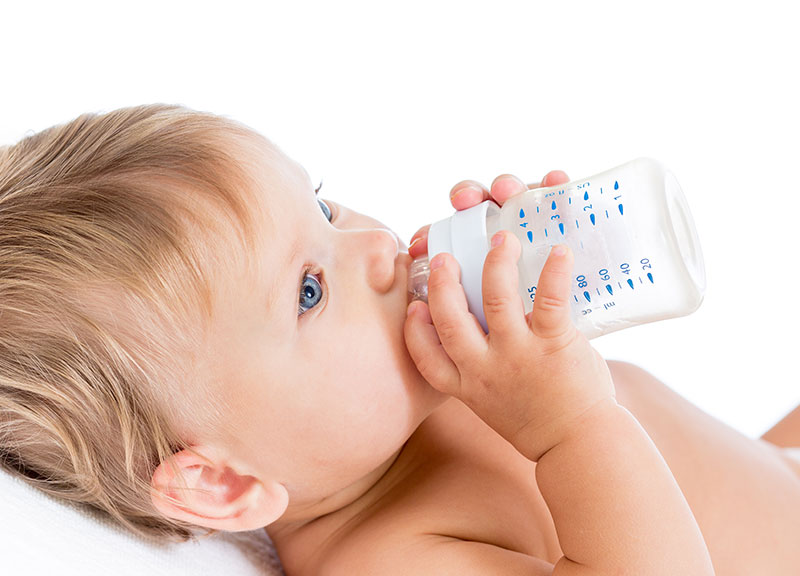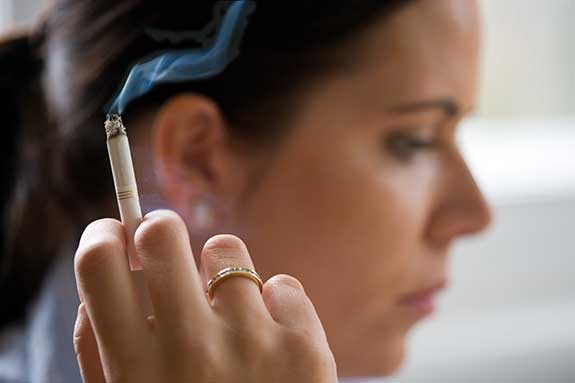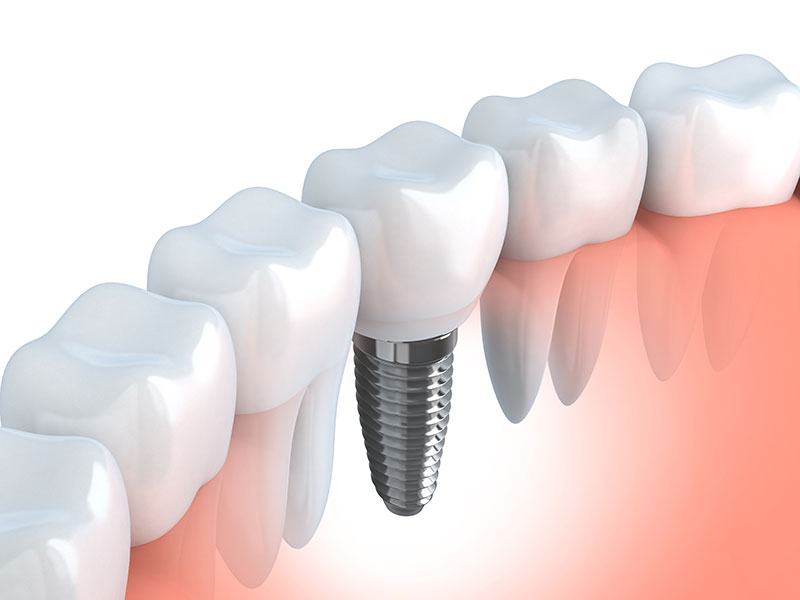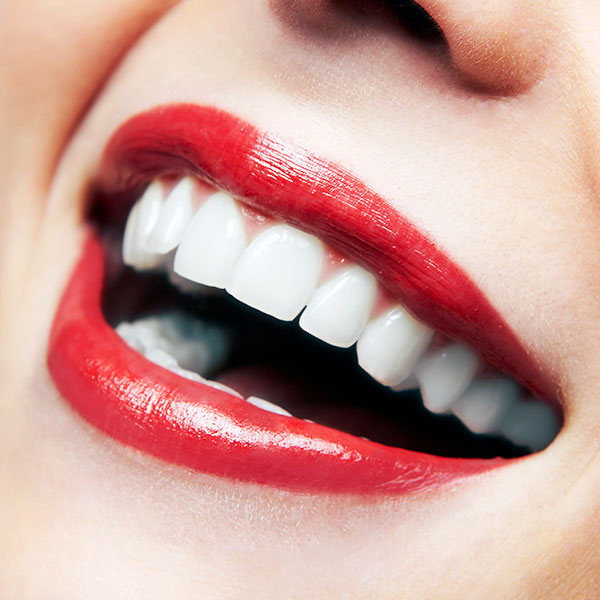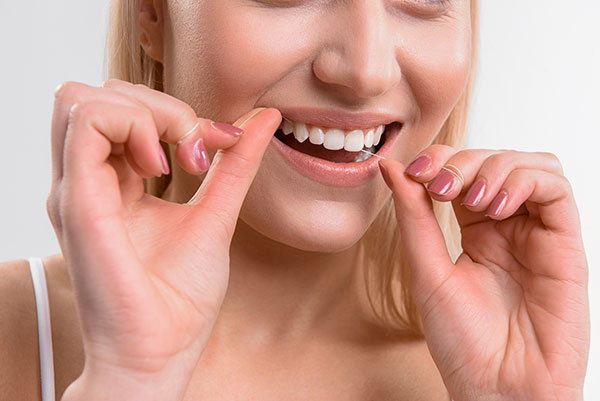
Importance of Routine Dental Visits for Your Child
Routine dental visits are essential for all people of any age, starting around three years old. As long as there are teeth present, there is the possibility of cavities, gum disease and any other mouth or tissue abnormality.
What Happens at Your Child’s Appointment?
Your child is recommended to have a check-up exam and a dental cleaning at least every six months with their dentist and dental hygienist. During these appointments, your child’s teeth will be completely cleaned with various tools, stains removed with polishing, fluoride treatments provided to prevent cavities, oral hygiene instruction demonstrated and reviewed, and their teeth and mouths thoroughly checked over to assess for health.
A diagnosis will be made regarding their teeth and gums’ health, and any necessary referrals will be made, such as to an orthodontist. These visits are critical times to check in to make sure they are doing an adequate job with their brushing and flossing and to set new goals for them regarding keeping their teeth and gums healthy at home.
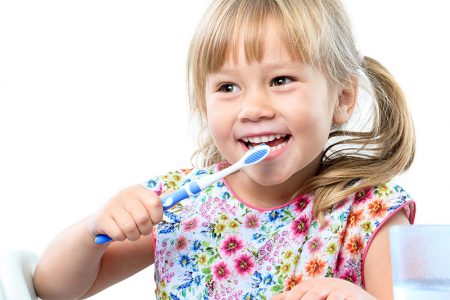
Common Issues During Exfoliation/ Eruption
Several common issues occur in children’s mouths when they are losing baby teeth and getting adult teeth, and these issues are looked for and assessed each time your child comes in for their check-up. Periodically, x-rays will be taken to assess the adult teeth’ position under the gums and the health of the baby teeth. Listed below are several common issues that occur in children’s mouths that may affect future spacing and alignment:
- Premature loss of a baby tooth
- Delayed loss of a baby tooth
- Eruption of an adult tooth behind a baby tooth
- Ectopic (meaning out of place) adult canines or any other adult tooth under the gums
- Hypoplastic enamel of adult teeth (meaning the enamel didn’t form properly)
- Extra or missing adult teeth
A check-up exam and x-rays will give a precise diagnosis if any of these conditions arise, and the necessary steps can be taken. A referral may be made to an orthodontist. A baby tooth may need to be extracted to create space, etc. It is vital to catch these problems as early as possible to create a solution. Make sure to bring your child in every six months for their cleaning and check-up exam.
If your child is due for their cleaning and check-up exam, or you have any questions about the health of your child’s teeth, we encourage you to contact us today to schedule an appointment.

